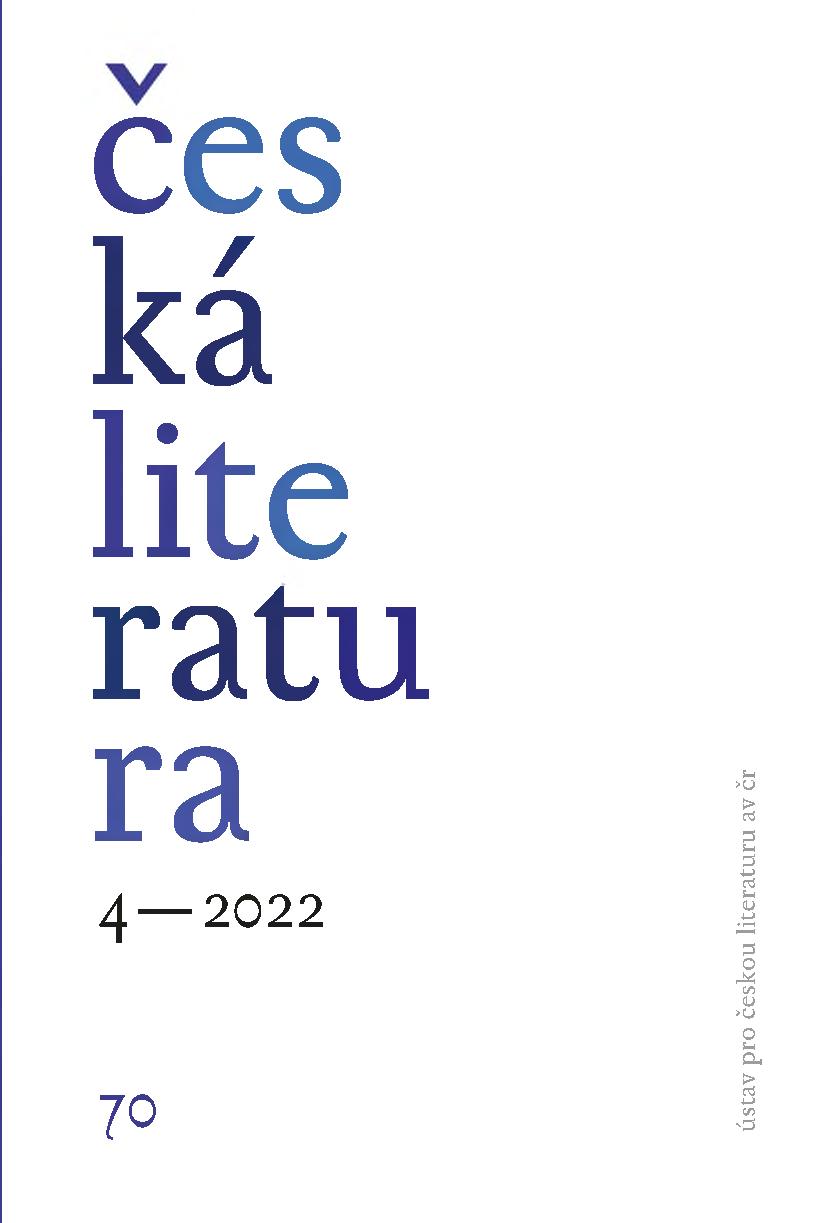Ideál v hávu dokumentarity
The ideal in the guise of documentarity
Literary sources in Děti čistého živého by Teréza Nováková as a means of constructing the national memory
Author(s): Jana VrajováSubject(s): Novel, Czech Literature
Published by: AV ČR - Akademie věd České republiky - Ústav pro českou literaturu
Keywords: Teréza Nováková; 19th century; realism; ideal; discursivity
Summary/Abstract: This study offers a revised classification of the movements involved in Teréza Nováková’s work, with specific reference to the novel Děti čistého živého (Children of Pure Living Spirit). Reference is made to the literary-historical and period meta-narrative, emphasizing the pres-ence of the ideal in the author’s work, which, however, was somewhat sidelined in the histori-cal context, so that with the passage of time, Nováková was categorized under documentary realism. In the context of recent literary-history debates over the term ideal realism, with the interdis-ciplinary support of memory studies research, and making use of the reception at that time, we demonstrate the stylization techniques Nováková used to construct, through her acknowl-edged work with oral and written documents, a text referring to the idea of nation-building based on culturally accepted paradigms. The study also reflects intertextual issues, together with the historical contexts of the works used by the author. By analysing the reception during that period, it is shown that the need to relate the interpretation of the novel to an ideal was also evident at the time of the work’s creation. The article concludes with a proposal to view the novel Děti čistého živého as a nodal point where three forms of realist techne meet: docu-mentary realism, ideal realism and naturalism.
Journal: Česká literatura
- Issue Year: 70/2022
- Issue No: 4
- Page Range: 429-457
- Page Count: 29
- Language: Czech

